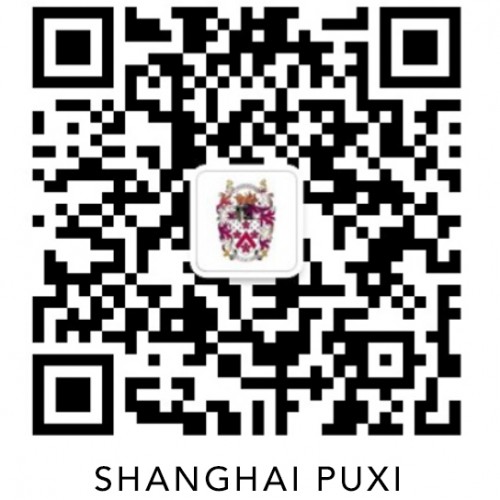Graduating Student Voice: Founding Student Finding her Path
In this series of Student Voice articles, Marketing and Communications Intern, Richard, Year 11, catches up with our Year 13 students as they prepare to embark on the next steps of their educational journey.
Richard, Year 11
Marketing and Communications Intern
In this article we meet Jemima, who has received offers from all the universities she applied to.
Q: Can you please tell us a bit about yourself?
I am Jemima and I’m from the UK and Malaysia. I’ve been here from the very beginning in 2016, and this is my seventh, and final, year at Dulwich College Shanghai Puxi.
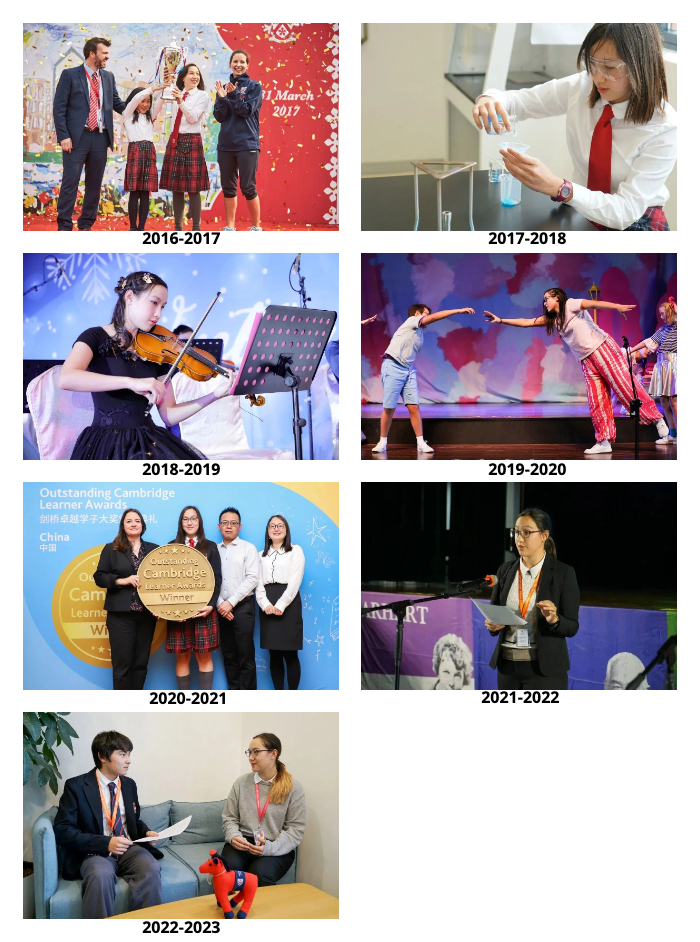
Q: Can you tell us about the university offers you have received so far?
I received five conditional offers from the five universities I applied to. Currently, I am leaning towards University of Exeter, although I also love the other universities I’ve received offers from; Keele University, Loughborough University, University of Nottingham and University of East Anglia. As these are conditional offers, they all come with different requirements that I must meet once our final results for IB come out.
Q: Do the conditional offers create any additional pressure for you?
Yes, to a certain extent as I must get a certain grade in my subjects to be able to do what I want. However, it's also a target that I can work towards that gives me a sense of direction; I'm not just studying because I have to, and I am instead studying so I
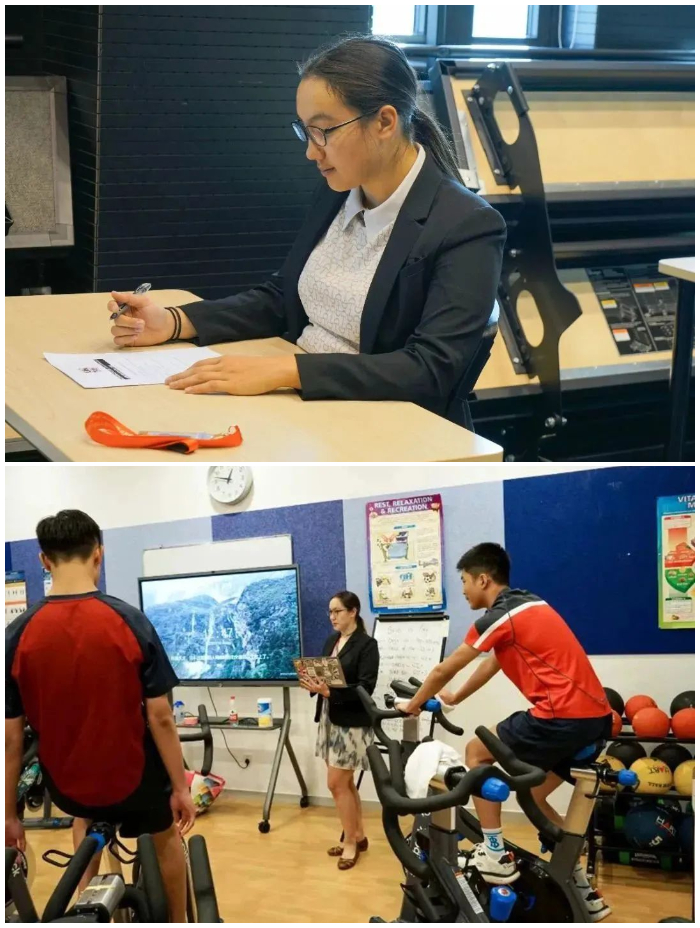
Q: What degree will you study at university?
I am going to study liberal arts, which is a multidisciplinary course, similar to the IB. It involves a wide range of different subjects such as science, philosophy, debating and business management as well. The course aims to create future leaders in business or politics, so topics related with religion, gender, and feminism are frequently discussed.
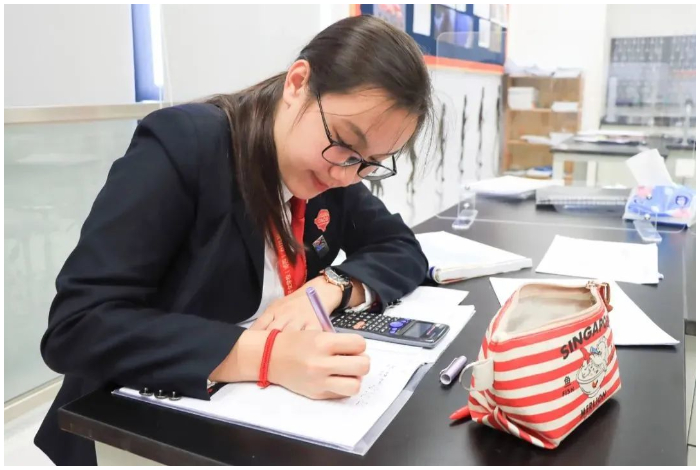
Q: Is there a certain industry that you want to enter after graduation?
I'm still unsure about what job I want to pursue after university. I have lots of interests, like horse riding. I am still deciding whether want to pursue riding further or keep it as a hobby. A common path after the liberal arts degree is going into business management as many of the CEOs at Fortune 500 companies studied liberal arts in university. I have also been considering education, but I am still undecided as the degree allows graduates to take many different avenues like politics.
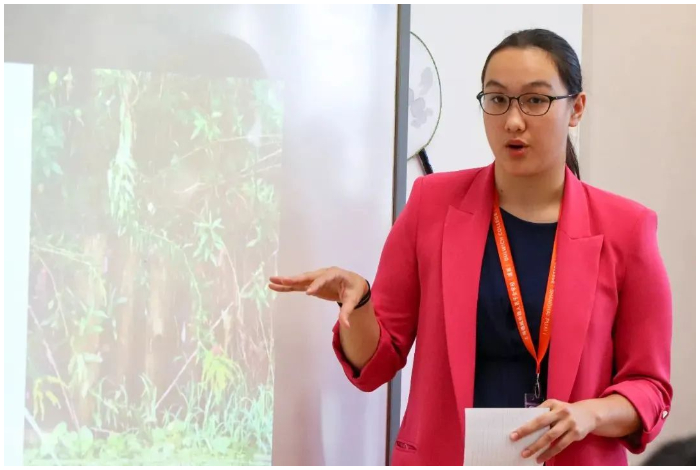
Q: How did you develop your passion for horse riding?
As a child, I was always obsessed with horses. During the COVID-19 pandemic my family spent a lot of time in in Shanghai and we found out from a friend that stables were opening, so I went and tried it out and I loved it. I really enjoy being outside and spending time with animals and riding is a great combination of that. I am also very passionate about sports science and there is a massive industry behind horse riding for sports science.
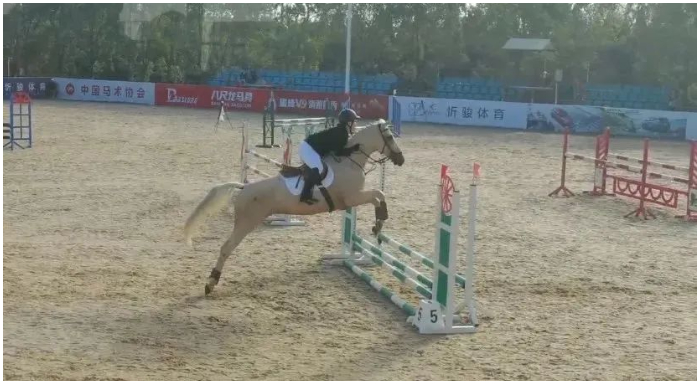
Q: How difficult was it to manage your time applying for university and studying?
It was very hard, but fortunately I received a lot of support from my teachers so I could assign enough time to complete tasks. Balancing the IB course and the university applications required lots of time management as I needed to keep the consistency of working on everything equally and prioritising different things. It led to late nights, obviously, as expected, but it was very rewarding to deal with my workload.
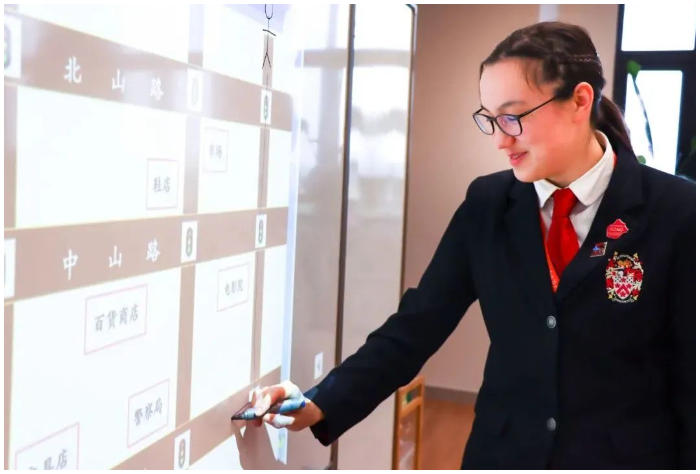
Q: Is there anything you would suggest for other students to manage their time?
I think figuring out how you work is important because everyone works differently. Having that honesty with yourself on what is best for you is really important. For example, you need to find what time of day you work best at. It is also crucial to find out how you work and revise, whether it is taking notes or watching videos on topics you struggle with. You should not try to do things that work for other people or lie to yourself about what method of studying works best for you.
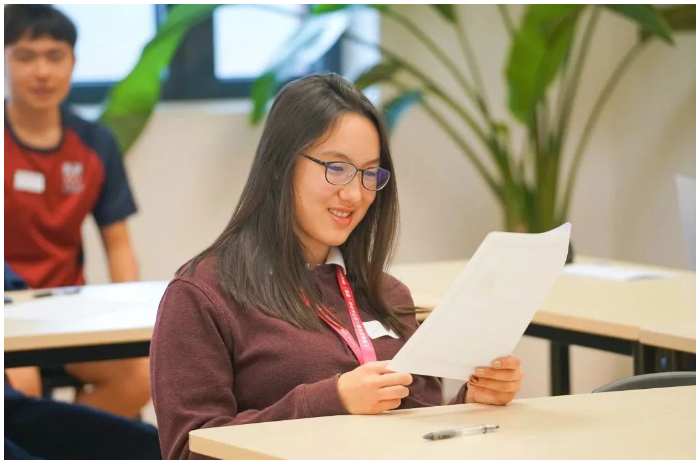
Another helpful thing for me was taking breaks. Just sitting for 5 minutes, scrolling through my phone was a great way for me to take a break because it gave me something else to focus on. However, realistically it wasn't doing anything, and I was just getting more tired and so taking 15 minutes to take a walk outside was a lot more helpful. Accepting that made me a lot more productive and I feel like some people work well from playing games as it gives them a separation from doing work. Some people like to exercise or watch a movie. It is important to be true to yourself and do what is best for you, since these decisions only affect yourself.
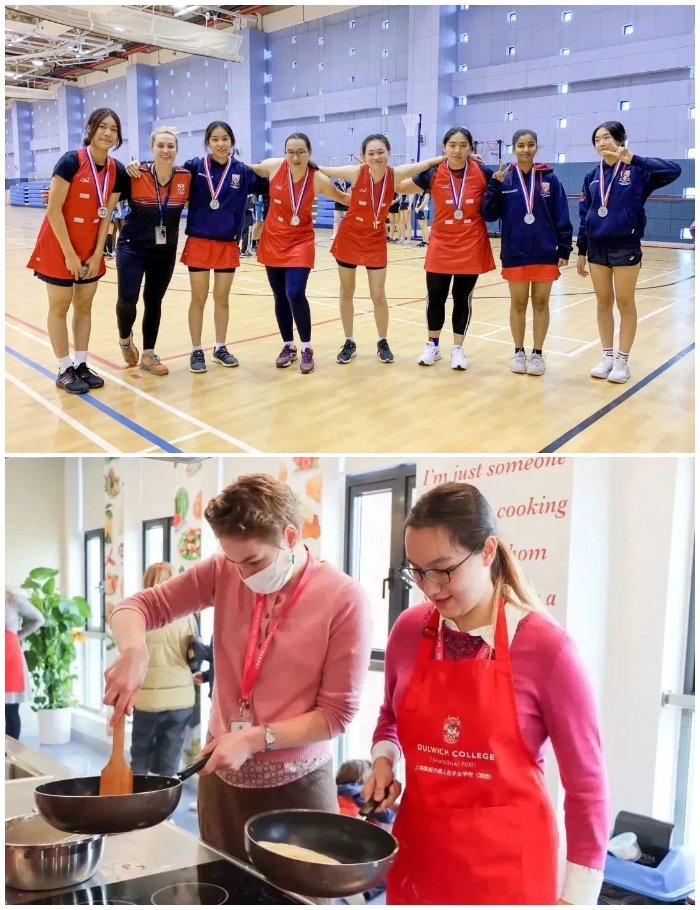
Q: Was the process of finding what works for you difficult?
Being able to accept when I failed, or when something didn't go well for me, was difficult. Riding is one of my favourite pastimes and being with the horses really helps me calm down and reduce stress. But sometimes if I had a bad lesson or if I was spending too much time at the stables, I would end up being tired and not as productive when I needed to study. Accepting that took a long time and I ended up performing not as well as I could have done in some of my mock exams because of this. Therefore, being able to accept that and change was important but challenging at the same time.
Q: What have been some of your favourite memories at the school?
As I have been at Dulwich College Shanghai Puxi since the school first opened it has been very enjoyable to see our community grow. It has been great to be a part of the growth of our community. I have also enjoyed having the different opportunities open to us with all our different sports teams. When I first joined, we only had one netball team but now we have three or four teams. Whenever we have sports competitions and being able to shout, ‘One, Two, Three, Mustangs!’ is always delightful for me. I remember being part of the Student Council in my first year and we had to decide our school animal. Being part of this decision was very enjoyable as it has become a part of our school’s identity. Another memorable moment was the Duke of Edinburgh trip to Thailand that we took in Year 10. Visiting another country was amazing and one of my biggest highlights here at Dulwich.
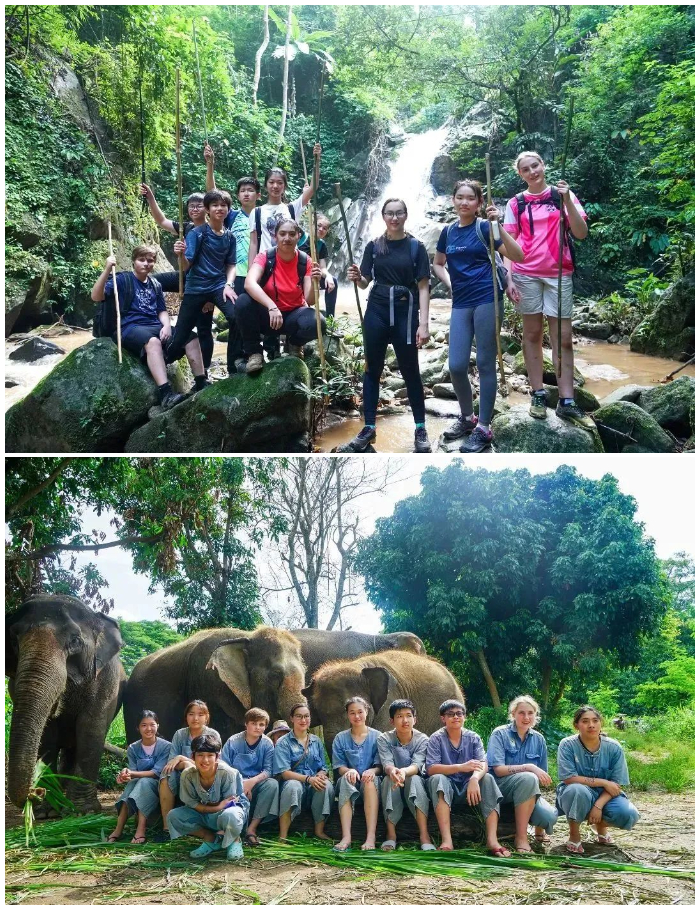
Q: What different opportunities have been available to you, being part of a small community?
Before I was at Dulwich I was at a very large school, so it has been great that I have been able to try new things and participate in different events. Being able to try different things allowed me to discover my interests. In larger international schools with thousands of students, people tend to pick one hobby and stick to it for example a sport or instrument. Whilst that is not a bad thing, people do not get the chance to broaden their horizons and try new activities, like participating in a production, orchestra or sports team. For example, when I was younger, I thought I would dedicate my life to netball. However, when I came to Dulwich, I was able to try out basketball, swimming, volleyball and a vast range of different sports.
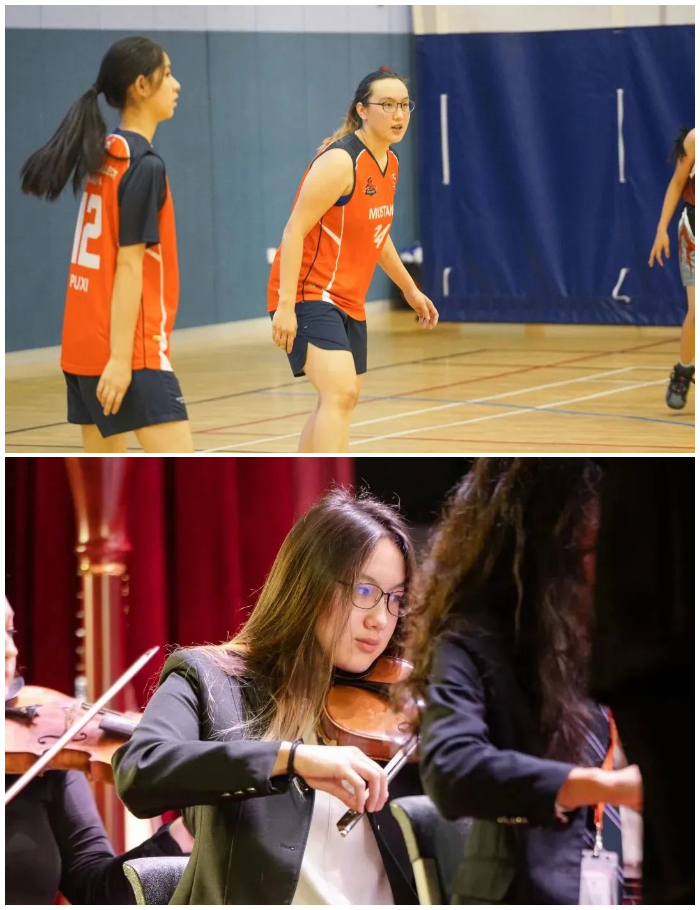
Now in university, I'm thinking about joining a volleyball team. When I was younger, I would have never considered that. However, thanks to the different opportunities at Dulwich, I have been able to explore new interests. Another opportunity was Spanish. Our school didn't offer French or German when we initially begun, and I had never considered studying Spanish when I was older. But now I'm going to pursue Spanish at a university level. So yeah. It's just it's weird how these things sort of change your life and you never really know until you try.
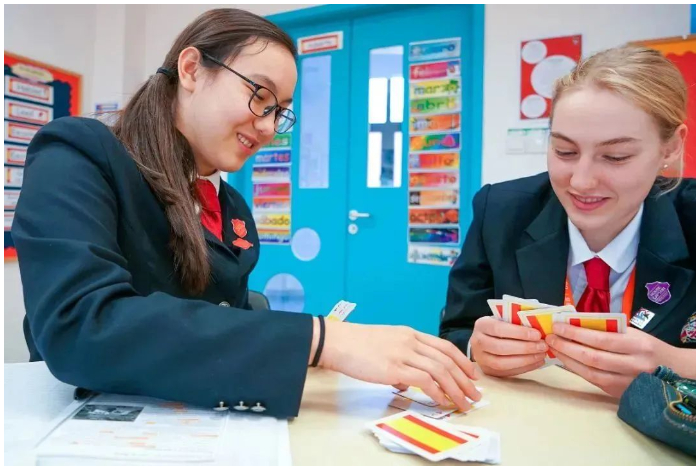
Q: Do you think studying the IB curriculum has helped you to appreciate different cultures?
The IB involves a lot of research into the current situation of the world and different countries. This has given me a good understanding of how the world works and why things are the way they are. This has been significantly heightened through TOK (Theory of Knowledge). Subjects like English and drama have involved lots of contextual research, especially in drama, where you study practitioners from a different culture than yours. Being able to learn about other cultures is very interesting and helps you appreciate and respect different cultures.
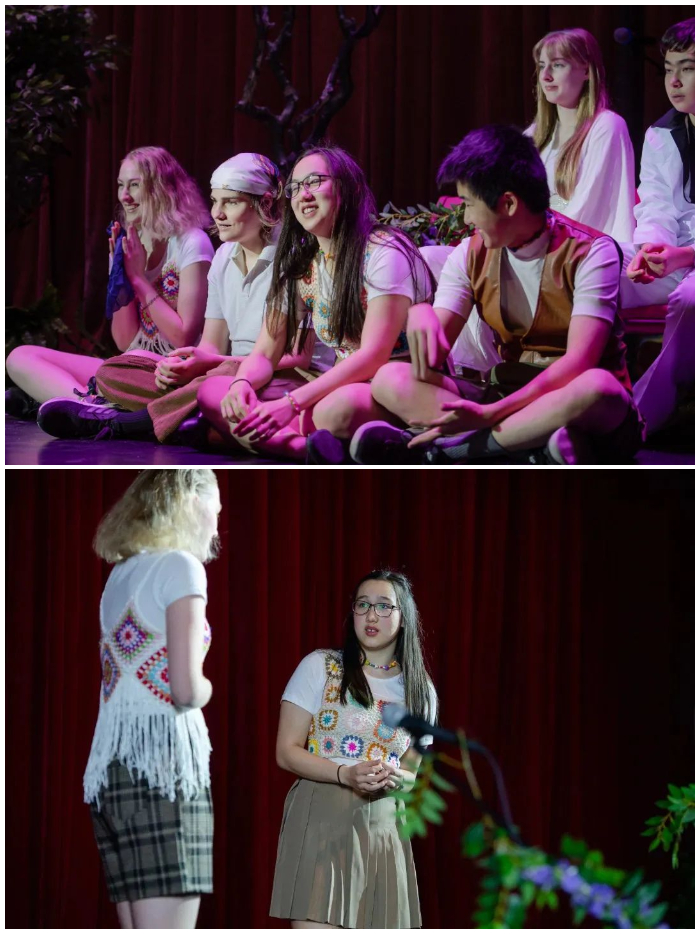
Q: How do you think you yourself have changed and developed as you've grown older in the school?
I think I have learnt to appreciate education. When I was younger, it was hard to believe that doing lots of homework had any sort of benefit but now I have realised the importance of certain areas in learning like citations and education. As students we are fortunate to have interesting teachers that have helped me to mature and acknowledge the importance of education.
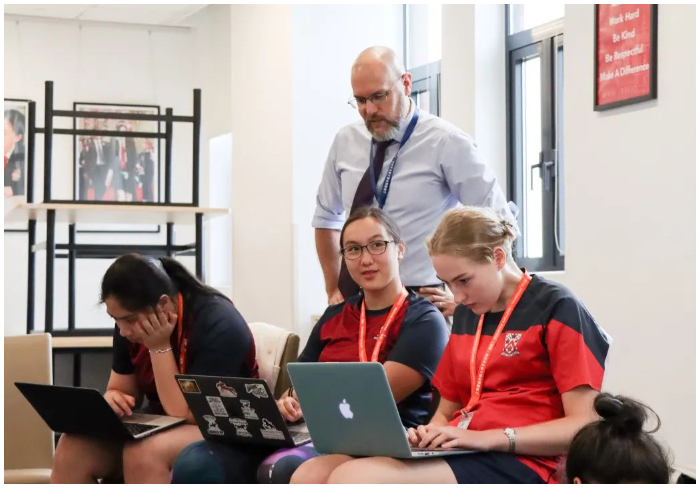
Q: What part of education is interesting for you?
What fascinates me is the ability to apply your knowledge to the real world. The great thing about education and not taking things at face value, is that it allows you to view different perspectives. This is a great part of education, especially nowadays where there are lots of extreme opinions that are one-dimensional. Another part of education which interests me is the ability to help others and make a difference in the world: actually taking action instead of talking about how you will make a difference.






